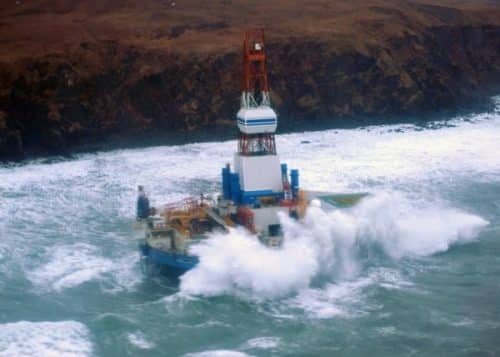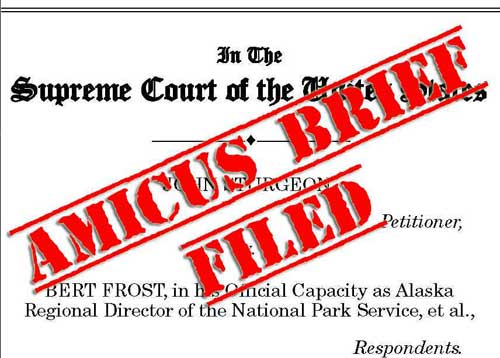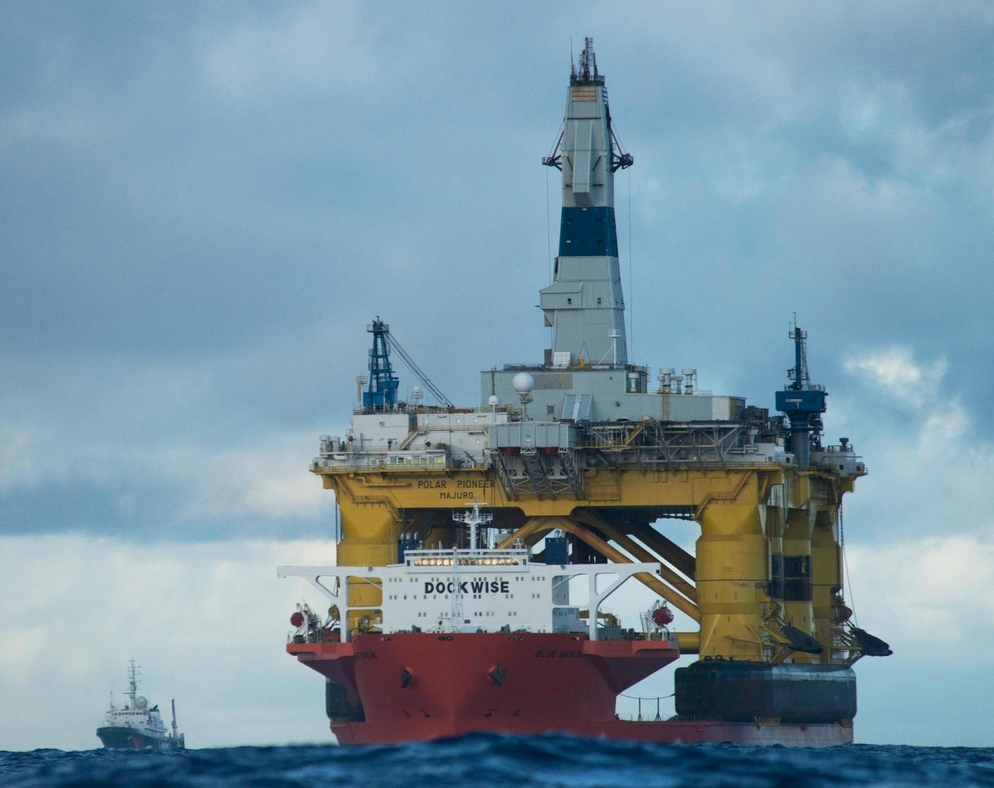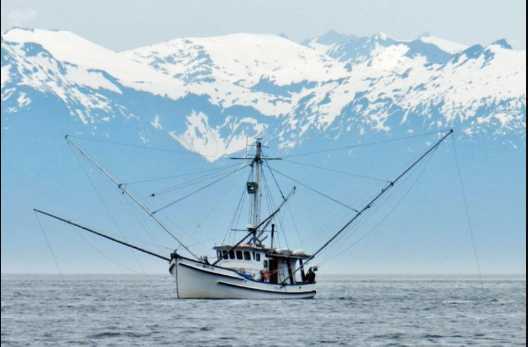While speaking with investors today, Dutch Royal Shell's new CEO Ben van Beurden, who was moved into the top position on January 1 of this year, laid out the company's agenda.
He pointed out as he spoke to investors that the Ninth Circuit Court decision that was handed down last week against the Department of Interior had raised obstacles to the company’s plans for drilling in the offshore Alaskan arctic in 2014. As a result, that drilling program would not take place this year. van Beurden stated, “This is a disappointing outcome, but the lack of a clear path forward means that I am not prepared to commit further resources for drilling in Alaska in 2014.” Van Beurden continued, saying, “We will look to relevant agencies and the Court to resolve their open legal issues as quickly as possible.”
It was just last week that the Ninth Circuit Court of Appeals said that the Department of the Interior violated the law when it sold offshore leases in the Chukchi Sea, and that the DOI failed adequately to analyze the potentially dramatic environmental effects of the sale before offering the leases. It determined that the agency had analyzed “only the best case scenario for environmental harm, assuming oil development,” and that this analysis “skews the data toward fewer environmental impacts, and thus impedes a full and fair discussion of the potential effects of the project.”
In addition to the announcement that drilling would not take place in the Chukchi Sea, van Berden also told investors that the company was going to cut capital spending by $10 billion this year and begin selling assets in response to an earnings drop of 74% in the fourth quarter of this past year as compared to the year before.
Alaska’s Senator Murkowski released a lengthy statement after Shell’s announcement, saying, “I am disappointed that Shell will not be able to move forward with exploration this summer, but am not surprised given the 9thCircuit’s decision and the administration’s failure to provide regulatory and permitting certainty for oil development in the Arctic. We can’t expect Shell to continue to spend billions of dollars on this project when the rules keep changing.
“Just this week, the president claimed that he was committed to an ‘all-of-the-above’ energy plan, but clearly that is not the case in Alaska. The fact is that all of the increase in oil production the president touts has come from state and private lands – not on federal lands, and certainly not from Alaska. Instead of taking credit that he does not deserve, the president should be fixing the very real problems he has created in our state.
“Companies willing to invest billions of dollars to develop our country’s resources must have confidence that the federal agencies responsible for overseeing their efforts are competent and working in good faith. I’m not convinced that has been the case for Alaska.
“I expect the administration to work quickly to address the deficiencies identified by the court in its analysis of lease sale 193. And, beyond that, I expect the president to demonstrate his unequivocal support for development in the Arctic. Our offshore resources are one of our greatest opportunities to improve America’s energy security, generate new revenue without raising taxes, create thousands of jobs across the country, and keep the trans-Alaska oil pipeline operational.”
Senator Begich also made a statement on the new development concerning the Chukchi drilling. He said, “It is simply unacceptable that judicial overreach is getting in the way of letting Alaskans develop our own natural resources. Development in the Arctic has already been subjected to unprecedented safety standards – far more than domestic production anywhere else. I’ve worked for years to get all the federal agencies working together to permit Arctic projects, now we need to tackle the all too common legal stonewalling by outside groups. That’s why I am re-introducing my legislation to ensure there is a judicial endgame for Arctic developers when they have invested billions of dollars in developing our resources.
“ I’ll be talking with Interior Secretary Sally Jewell today and expect her agency to move quickly to address the court’s questions and concerns and do everything possible to get this process back on track. Alaskans know that energy development brings not only our energy security but also our financial security, and no one knows about safe, responsible development like Alaskans do.
“As Shell suggested in its announcement this morning, this a temporary setback and I believe the prospects for Arctic development remain strong. I’m confident that this project will move forward.”
The Alaska Native and conservation groups that filed the lawsuit stopping the oil and gas lease sale, and characterized as “outside groups” by Begich, included the Native Village of Point Hope, the Inupiat Community of the Arctic Slope, the Northern Alaska Environmental Center, and Resisting Environmental Destruction on Indiginous Lands (REDOIL). They were joined in the suit by various environmental groups. In their joint statement made last week, they said the ruling was “a victory for the Arctic Ocean. The government has no business offering oil companies leases in the Chukchi Sea. The area is home to iconic species such as polar bear, bowhead whales, and walrus and to a vibrant indigenous subsistence culture. Drilling for oil puts at risk the region’s wildlife and people, and it takes us off the path toward a clean energy future.”
That group also said, “For the second time, a court has found that the government ignored basic legal protections for our ocean resources in deciding to open the Chukchi Sea to offshore oil leasing. The Obama administration must now take seriously its obligation to re-think whether to allow risky industrial activities in the Chukchi Sea. As Shell’s problems have clearly demonstrated, companies are not ready to drill in the Arctic Ocean.”
The Department of the Interior will have to revise or supplement its analysis for the lease sale once again and must reconsider its lease sale decision.
Shell previously suspended drilling in 2013 as well, after a disasterous 2012 season in Alaska. It was in 2012 that Shell struggled with late permits, equipment failures and dangerous ice conditions and never got even one well in. Then, as they were transporting their drill rig, the “kulluk,” out of Alaska to avoid paying extra state taxes at the end of the season, the tug ran into problems that resulted in the grounding of the drill rig off of the coast of Kodiak’s Sitkilidak Island. It took an extensive effort to refloat the rig. Once refloated the rig was diverted to Asia.





